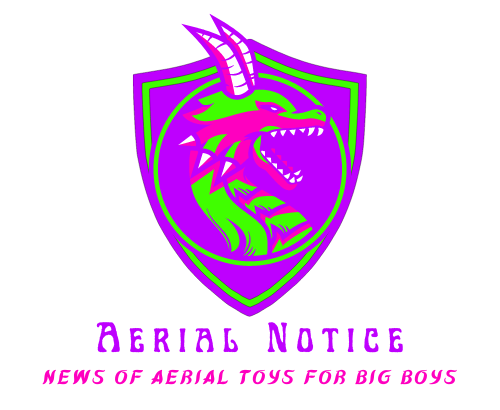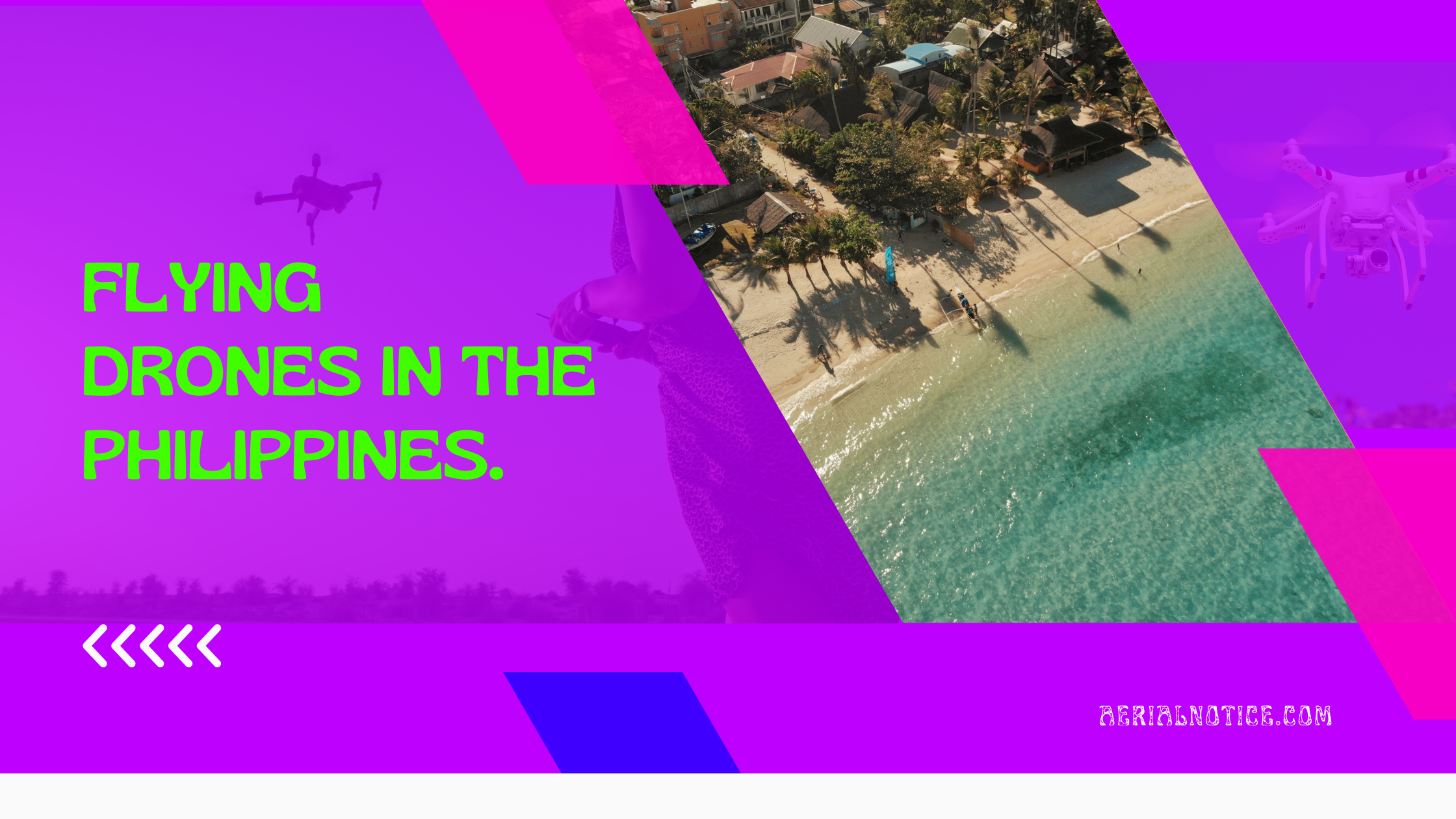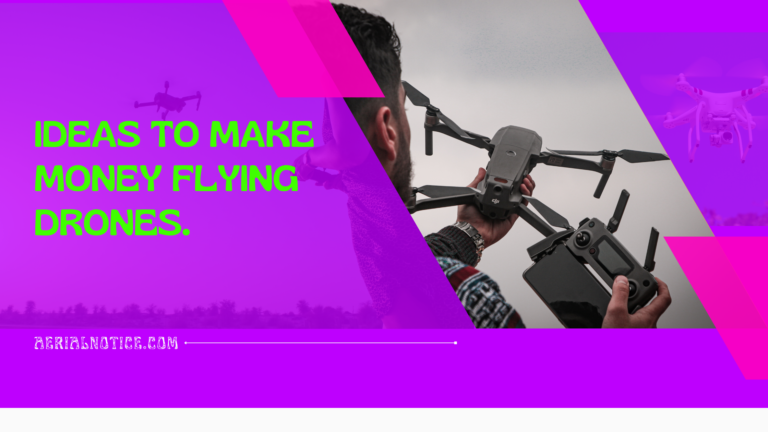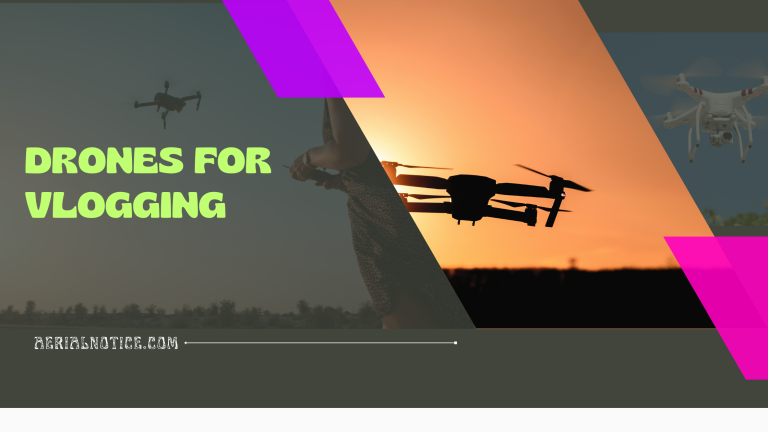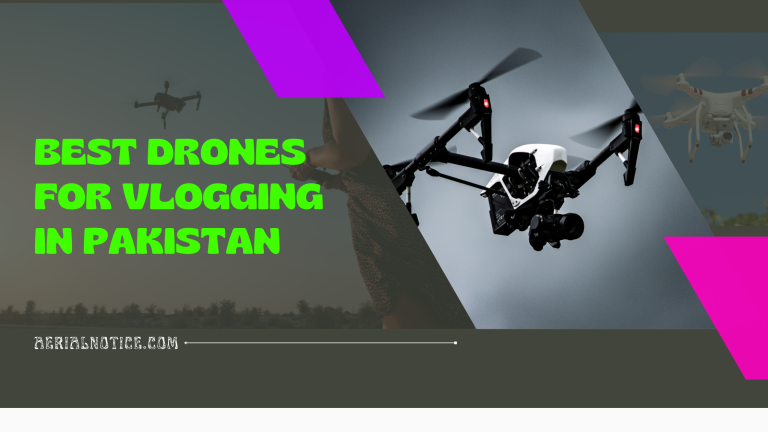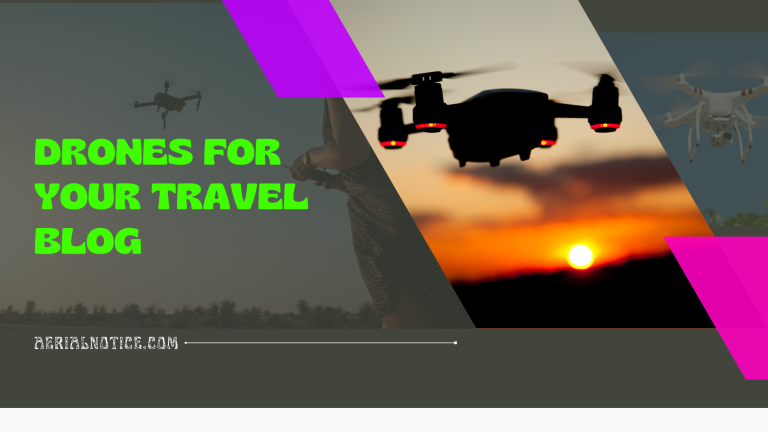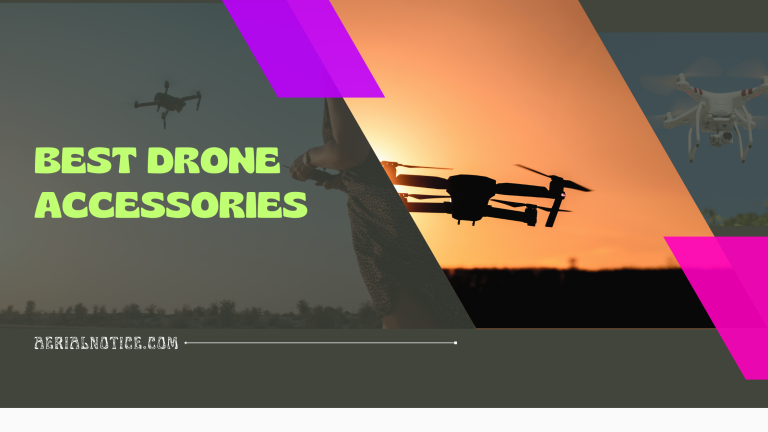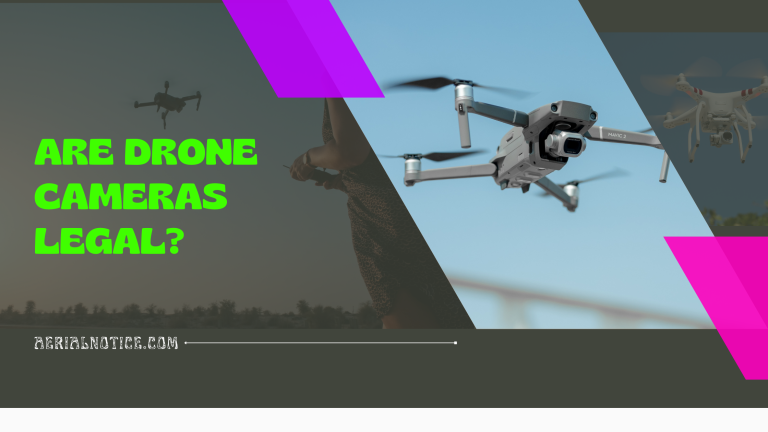All you need to know about flying drones in the Philippines.
Are you thinking about getting your first drone in the Philippines? I will answer all your questions about drone operations here.
Before even you buy your drone, understand everything you must know before flying drones in the Philippines over the magnificent islands.
In this article, I discussed:
- Drone flying regulations in the Philippines;
- How to get a drone license in the Philippines;
- Can you work with a drone license in the Philippines;
- Is it necessary to take a course or not?
- Which drones are beginner-friendly?
- Lastly, how foreign drone pilots can get authorization to operate in the Philippines?
If you are Filipino and looking forward to getting your first drone for recreational or commercial purposes, this post is a must-read.
Similarly, this post will benefit foreigners traveling to the Philippines who intend to get aerial footage.
Is it allowed to use drones in the Philippines?
With the rise of drone use around the globe, Filipinos are more interested today than ever in getting drones.
With so much aerial footage of the magnificent islands in the Philippines on Youtube, we can indeed say some people are using drones in the Philippines.
Tourists especially love taking footage using drones.
It is not illegal to operate drones in the Philippines. A drone pilot must follow some general rules for drone operations here. Flying drones for recreational purposes without a license is legal. For commercial activities, individuals must get their RPA operators certificate from the CAAP.
So if you are looking forward to buying a drone and starting flying as a hobby, you can do it immediately.
It is not illegal, and no one can stop unless you break the rules of drone operations in the country.
What is the standard drone operation policy in the Philippines?
Likewise, any Aviation Authorization body worldwide, the Civil Aviation Authority of the Philippines, has its rules for drone operations.
Most of the rules are standard around the globe.
Following these policies for drone operations in the Philippines will keep you safe from having a lawsuit or confiscation of your drone:
- Do not operate drone beyond line of sight;
- Flying drones over 400 feet above ground level are prohibited;
- Only pilot a drone during daytime and under visual weather conditions;
- The operation of drones above crowded places such as shopping malls and public offices is not allowed.
- Keep your drones at least 30 meters away from individuals not operating drones;
- Flying drones in controlled airspace are prohibited. The policy is to keep at least 10 kilometers from where commercial aircraft are in operation.
- One must obtain an RPA operator’s certificate from CAAP if one intends to use drones for commercial purposes.
- If your drone weighs more than 7 kilograms, you must obtain an RPA controller’s license regardless of your purpose of flying intentions.
As long as residents follow these policies, there are no other strict rules that can cause trouble in drone operations.
If you are a foreigner and intend to use a drone in the Philippines solely for capturing aerial footage and respect the regulations here, there is no more that can stop you.
What to do if you want to use a drone for commercial purposes in the Philippines?
Flying drones merely as a hobby doesn’t require the operator to have a license.
But this rule doesn’t imply for someone who has a very drone. Operating a drone that is more massive than 7 kilograms is considered a heavy drone here.
You must get a drone pilot’s license to operate a heavy drone.
In the Philippines, there are two different categories of drone pilot’s license:
- Remotely piloted aircraft controllers certificate (RPACC);
- Remotely piloted aircraft operators certificate (RPAOC).
The RPACC doesn’t restrict a drone pilot to flying drones more massive than 7 kilograms. Using the RPACC enables a pilot to use any drone to take aerial footage and keep the footage for personal use or make money by merely uploading it on Youtube.
However, personals who intend to use drones professionally to make money must have the second license category.
One must obtain the RPA operator’s certificate to use drones commercially in the Philippines. There are a few more complex sets of rules to get a RPAOC. If you have a team of drone pilots and a business that sells drone services, then an RPAOC will be accessible to you.
Nevertheless, drone pilots unwilling to work as drone pilot doesn’t need any license at all.
A drone pilot using drone footage to make money by selling aerial footage requires a RPACC certificate. This proves the pilot is ready for the safe operation of drones.
If you have a team of drone pilots oriented for commercial services like drone surveying and using drones for crop-dusting, you must get your remotely piloted aircraft operator certificate.
How to get a drone pilot license in the Philippines?
Assuming you bought your first drone and flew a couple of hours as a drone pilot. Well, a couple of hours of flying time doesn’t make you eligible for the RPA controllers certificate.
To apply for an RPA controllers certificate, you must at least have five hours of drone flying time.
For obtaining a drone pilot license from the Civil Aviation Authority of the Philippines:
- Have at least five hours of flying time;
- Pass the drone pilot theory exam in the Civil Aviation Authority of the Philippines;
- Take a practical exam where a pilot examiner will decide how safe you are as a drone pilot.
Passing the steps will enable you to apply for your drone pilot’s license, known as the RPA controllers certificate.
Nevertheless, to pass the theory exam, you must prepare well. If you don’t have adequate aeronautical knowledge, likely, you will fail the exam on your first take.
What is the importance of taking an online UAV training course before the exam?
The purpose of taking any course is to acquire more knowledge on the subject and improve skills.
Taking an online course may not seem necessary for a hobbyist drone pilot.
But a hobbyist willing to get a drone pilot license in the Philippines must take an online UAV training course.
To pass the theory exam in CAAP, you must have adequate aeronautical knowledge.
Online courses may seem useless, but honestly, the system is for your benefit.
I recommend any drone pilot, regardless of hobbyist, recreational or professional, the importance of taking a course is excellent.
After taking a course, you will see your flying skills significantly improved.
You will figure out what you were performing incorrectly and sharpen your existing skills.
